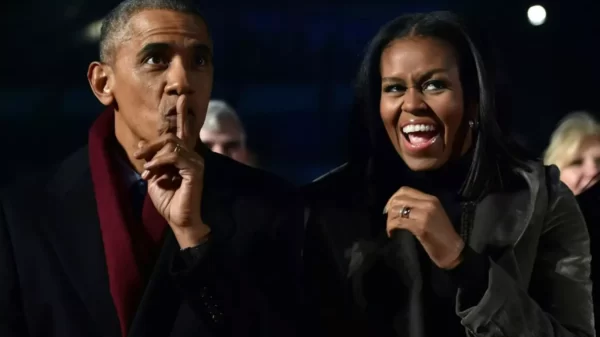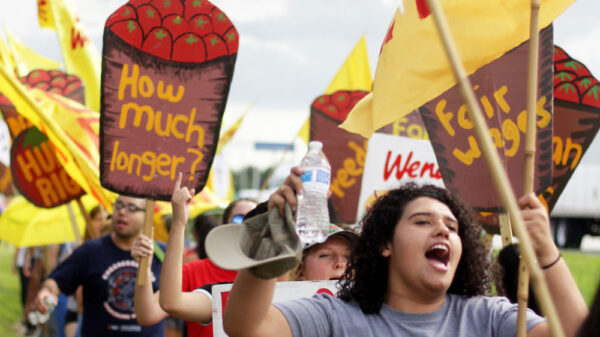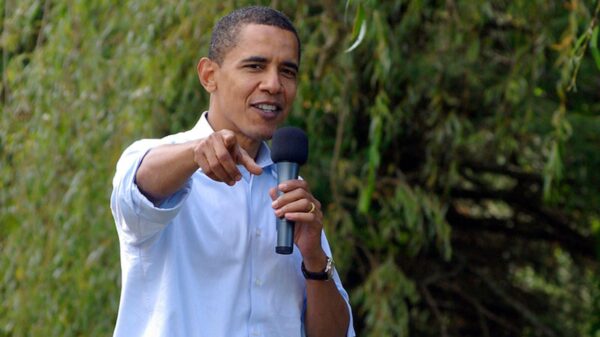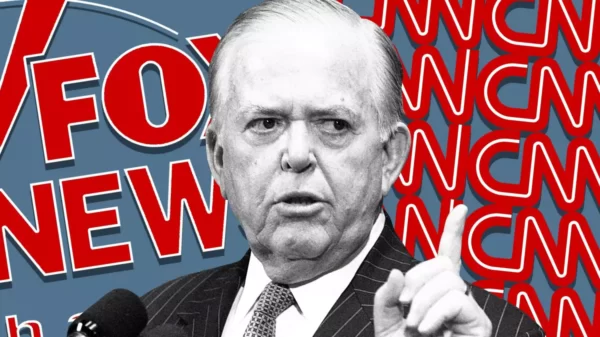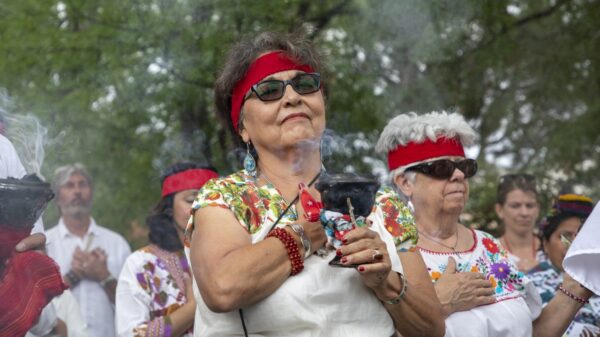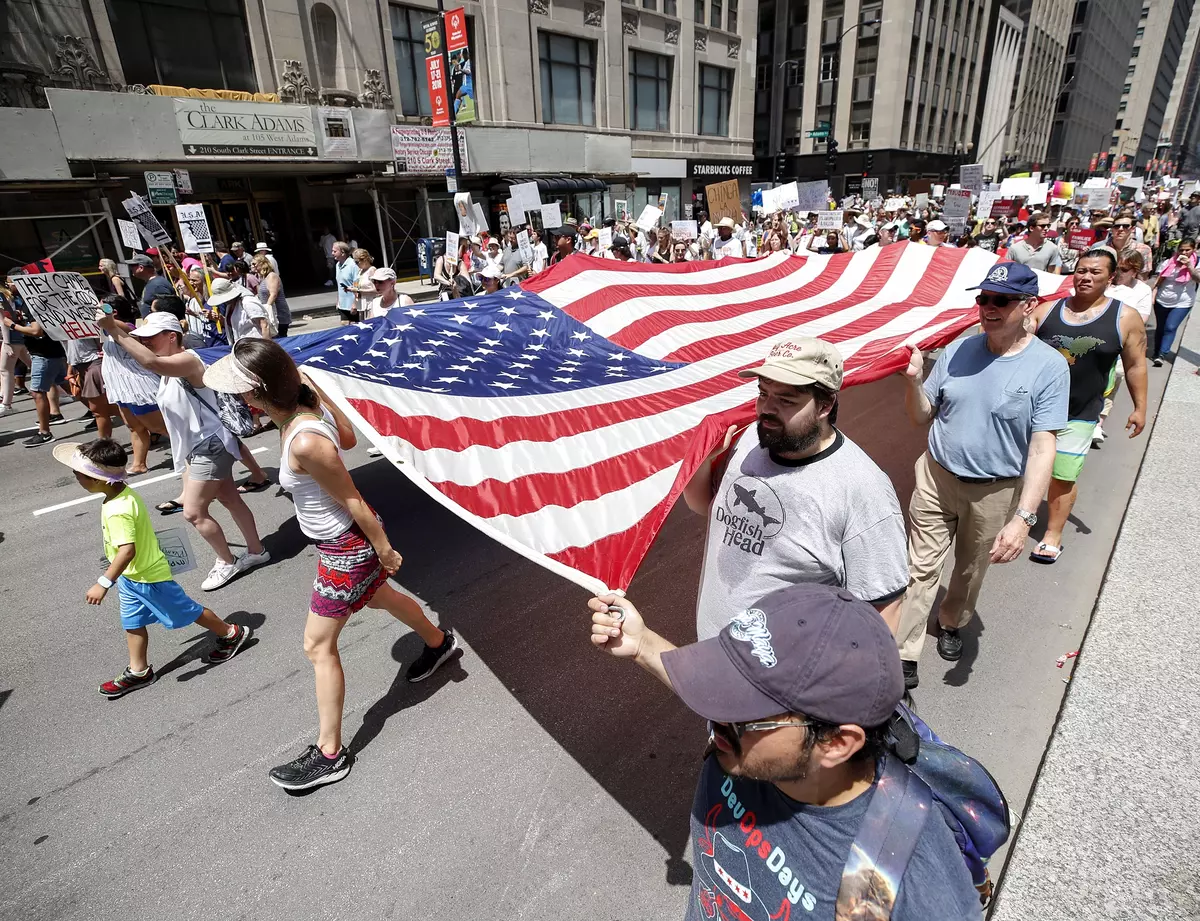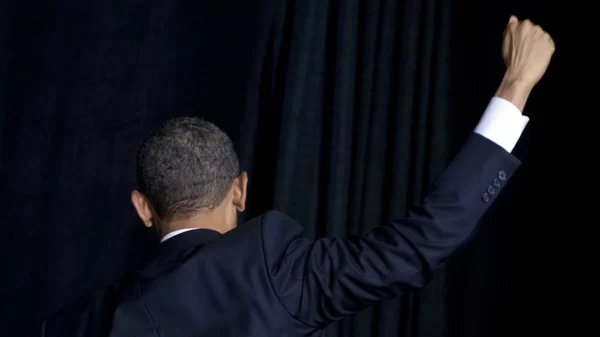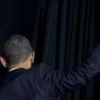LAKE BUENA VISTA, Fla. (By Laura Wides-Munoz, AP) June 28, 2007 — Republican presidential candidates made a major miscalculation this week by skipping the nation’s largest gathering of Hispanic elected officials, local party representatives and event organizers said.
The National Association of Hispanic Elected and Appointed Officials opened its 24th annual convention Thursday at Walt Disney World, with top billing for a Democratic presidential candidate forum Saturday.
Friday’s Republican forum? Canceled. Only Rep. Duncan Hunter of California agreed to show. The other candidates cited scheduling conflicts, including a Saturday debate in Iowa, which Hunter also planned to attend.
“The Republican candidates have blown off Hispanics in Florida,” said state Rep. Juan Zapata, a Republican who helped bring the NALEO event to the state.
Zapata hoped the conference would provide a plum opportunity for candidates to court Florida’s Hispanics. Instead, he and others say it has become an embarrassment for the party.
With many Hispanics already concerned about some of the candidates’ opposition to a bill that would provide a pathway to citizenship for illegal immigrants which failed in the Senate Thursday and anti-Hispanic rhetoric accompanying the debate, top candidates can ill-afford to alienate those loyal to the party, especially in a swing state like Florida, they said.
“I’m somewhat offended because this is about Hispanics, not about politics,” said state Rep. Julio Robaina, also a Republican.
Florida is an anomaly among states with large Hispanic groups. For years, the majority of its Hispanic voters mostly Cuban-Americans and business-oriented Puerto Ricans have identified as Republican.
During a recent campaign swing through the state, Republican presidential hopeful Rudy Giuliani even thanked South Florida Cuban-Americans for handing George W. Bush the 2000 election.
In 2004, Bush captured about 40 percent of the Hispanic vote nationally, the most ever for a GOP presidential candidate. His Democratic rival John Kerry won 53 percent, down from the 62 percent former Vice President Al Gore garnered in 2000.
But the Florida Hispanic vote is no longer guaranteed for Republicans. Many of the Cuban immigrants who fled the communist country post-1980 came more for economic rather than political reasons. They are now voting and are less loyal to the Republican Party than their predecessors, as are second-generation Cuban-Americans. Meanwhile the numbers of Puerto Ricans and Mexican-Americans in the state continue to grow.
“It’s too soon for the Democrats to crow victory,” said Benjamin Bishin, a political science professor at University of California, Riverside. But Bishin, who recently moved from the University of Miami and focuses on Hispanic politics added, “With Florida, it’s so close. Even small changes can matter.”
Since the 2000 presidential election that Bush won by 537 votes in Florida, other states such as Ohio and parts of the Southwest (where the Hispanic vote is also growing) have emerged as swing states. Yet Florida remains the biggest prize, with a tenth of the electoral votes needed to win the White House.
“These guys are basically writing off Hispanics,” said Joe Garcia, a Cuban-American who heads the Democratic Party’s Miami-Dade County chapter. “And this is a state where you can’t win without Hispanics.”
Republican National Committee regional spokeswoman Amber Wilkerson disagreed.
“The Republican Party continues to demonstrate leadership on the issues that are important to the Hispanic community: immigration reform, lower taxes for working families and small business, strong national security, better education and the protection of family values in America,” she said.










